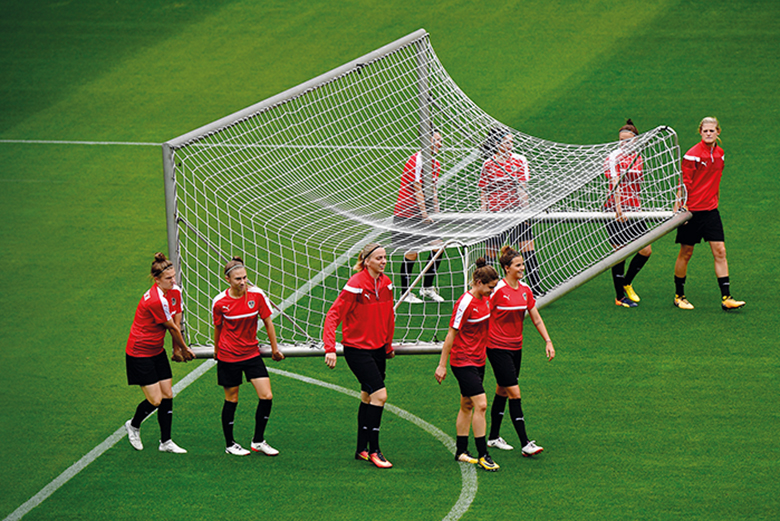Moving away from “tried-and-tested” methods of evaluating research excellence via outputs-based peer review towards more experimental ways of judging academic culture is causing “nervousness” and “uncertainty” at leading UK universities, a Russell Group leader has admitted.
Under proposed rules for the 2028 Research Excellence Framework, just 50 per cent of an institution’s score will be judged on its research outputs, down from 60 per cent in 2021 and 65 per cent in 2014. Of this 50 per cent, at least 10 per cent will be decided on an institution’s self-described disciplinary contribution, potentially pushing the direct weighting of outputs close to 40 per cent. Under the revamp announced on 15 June, “people, culture and environment” will be worth 25 per cent of an evaluation, the same as “engagement and impact”.
Downgrading research outputs, however, had been raised as a concern by senior university leaders, said Colette Fagan, chair of the Russell Group’s research pro vice-chancellors’ group. “In our early discussions, there were concerns about this reduction from 60 per cent towards 40 per cent,” said Professor Fagan, vice-president for research at the University of Manchester, who said there was “some nervousness and uncertainty” about revising the assessment formula used to decide the allocation of £2 billion in annual research funding.


